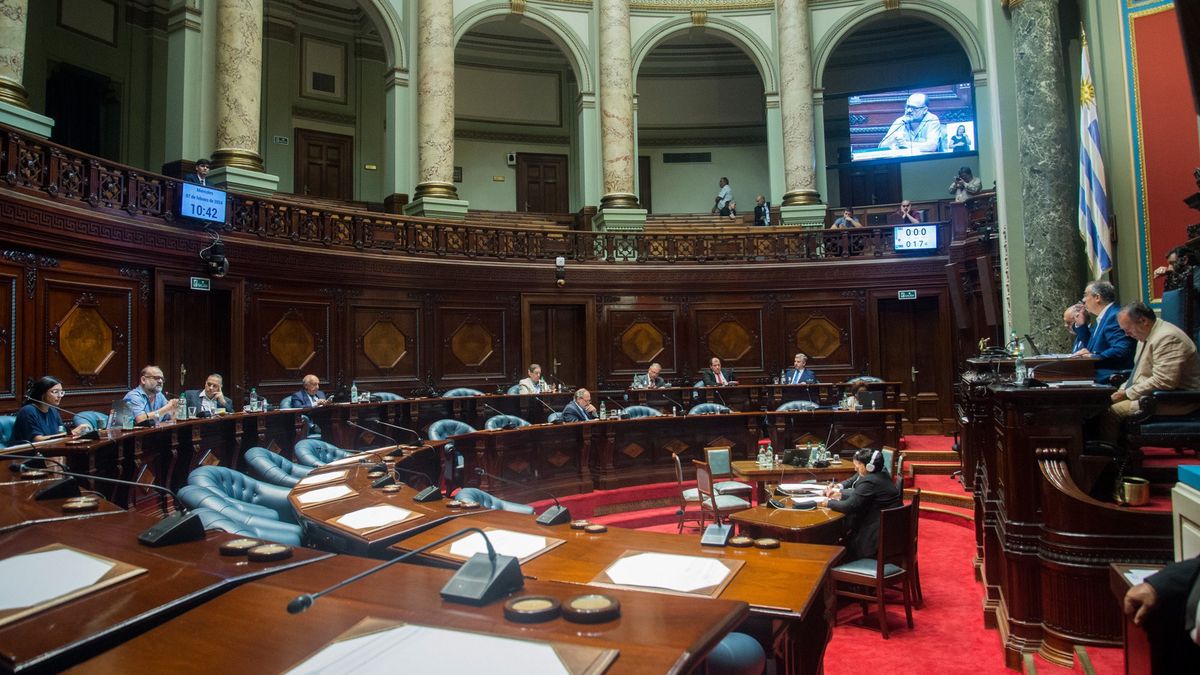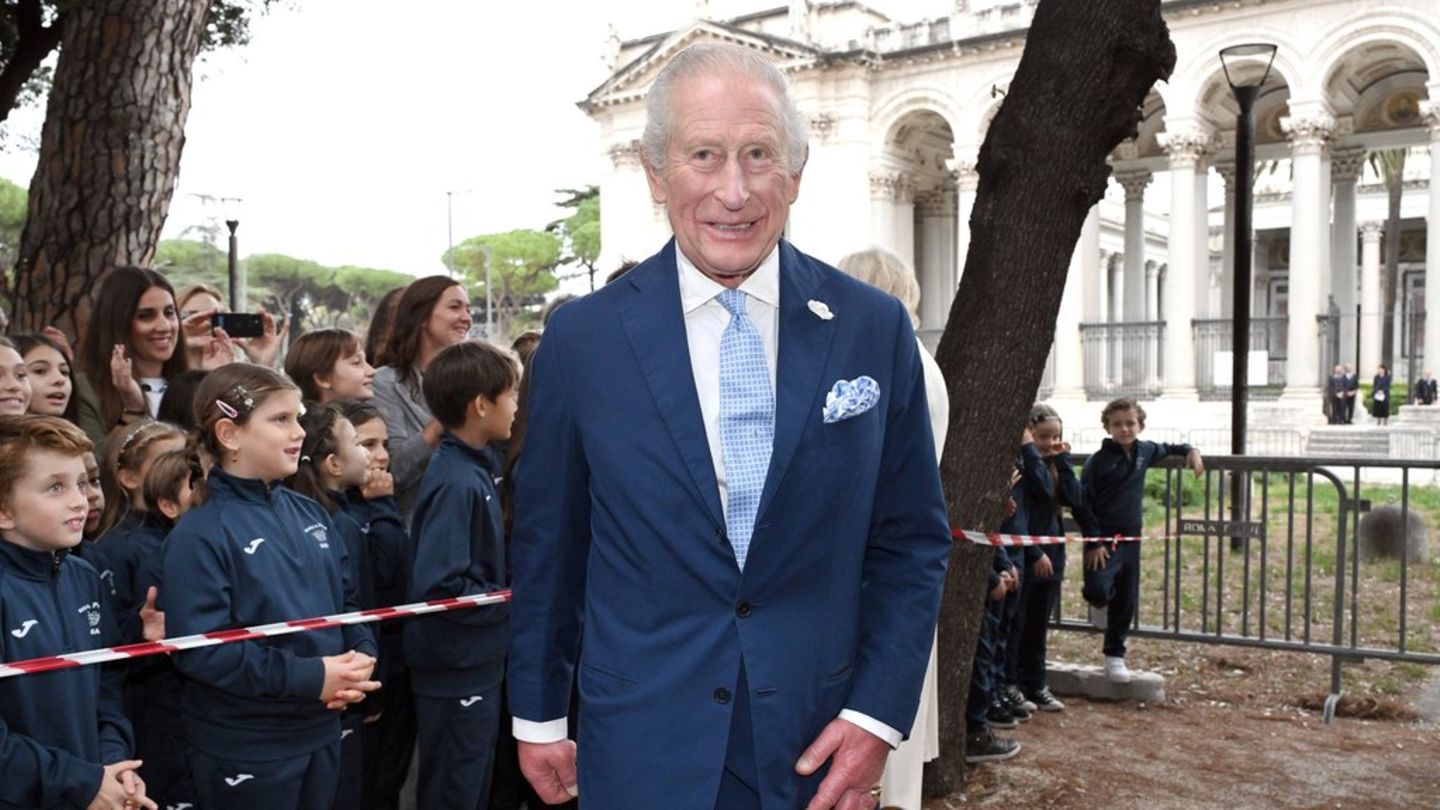Representatives of the ministries of Inside and of Economy and Finance (MEF) They appeared in front of the Parliamentary Finance Committee to defend copper from a new “price for security service” to river and maritime tourism in Uruguay, with the aim of financing the modernization of the immigration control system.
Since the signing of the decree on January 31, controversy has grown around this new cost of $2.10 plus VAT that the government seeks to apply to the cost of entry and exit from the country by sea and river routes.
From the tourism chambers—especially the Cologne Tourist Associationwhich points out that the department will be strongly affected by a new cost on the total expense of a short-stay passenger—even shipping companies like Bus and Cologne Express who must act as retention agents without prior consensus of any kind, filed complaints about the decision.
In that context, the Parliament He summoned two of the ministries involved in the signing of the decree to hear explanations; and among the main arguments in favor of the “price for security services”, the MEF and Interior authorities pointed to the purpose of the money obtained through the new cost: that it does not have a collection purpose, but will be used to finance the new border control system. Along the same lines, they emphasized that it is not a rate—in which case it should be created by law—but a “price.”
The defense of the government
After being summoned by the Wide Front to appear before the Finance Commission, and after both the Ministry of Tourism such as Transportation and Public Works were released from responsibility for signing the decree in question, the authorities who finally came to defend the new “price” were the general director of the Secretariat of the Ministry of the Interior, María José Oviedo and the undersecretary of the MEF, Alejandro Irastorza; instead of the holders of the respective portfolios, Nicolas Martinelli and Azucena Arbeleche.
As detailed by Oviedo, the “price for security service” to finance “the installation and maintenance of a border control system” for passengers entering and leaving the country through ports, as well as an “analysis of risk profiles”, was not established by private initiative—of Defiway— but rather it was the result of the bidding procedure won by the Mexican company, Veridos; although the same price was maintained as long as it was offered by the company.
“The economic proposal, which had 55 points provided for in the specifications in accordance with article 48 of the Tocaf, It was one of the points for the award. We are not referring to a price from 2017, but the price is that of the offer that was the winner in the bidding procedure. The price does not come from private initiative, but from the bidding procedure,” argued the director of the Ministry of the Interior, also ensuring that this value will be used to “sustain” improvements in the immigration control system, “preventing illicit actions.”
“It will not be a way of collecting money from the State, but rather it will be the one that will sustain this new security system,” he insisted.
For his part, Irastorza supported Oviedo and said that the fact that the Court of Accounts raising the observation that the tender had made was “a determining factor.” Regarding the appeal presented by the shipping companies regarding whether it is a fee or a tax, he indicated that “it will be resolved when the time comes” by the Administrative Litigation Court (TCA).
On the other hand, to support the position that it is a “price” because it involves a “compensation on the part of the State,” Oviedo said that this “price” is already charged at airports to finance immigration control at those border points. .
Source: Ambito




